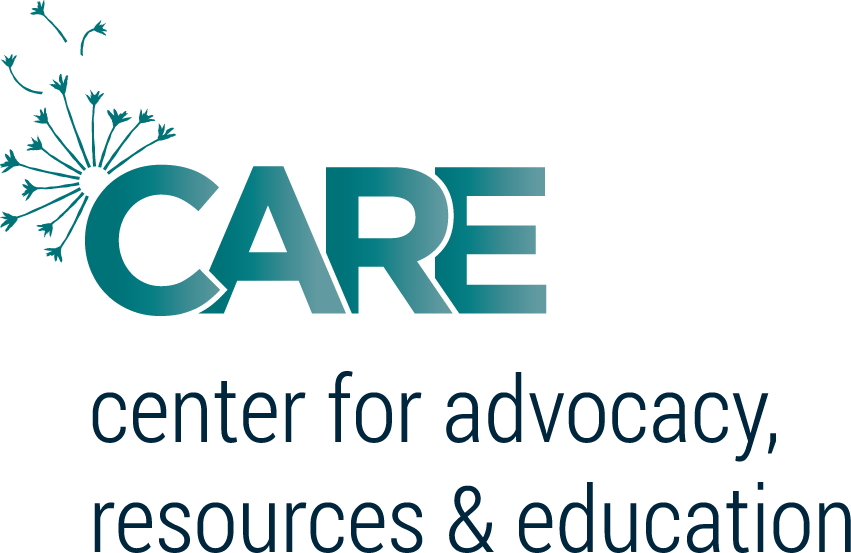Helping a Friend Who Discloses They are a Survivor
Most often, the first person a survivor discloses their assault or abuse to is someone close to them. Here are some tips on how to help a survivor who discloses to you.
Practice active listening. Empower survivors by letting them talk about their experience. Offer to move to a private space, avoid checking messages while the survivor is speaking, and listen without judgment. Survivors of assault and abuse have had their agency and control taken away from them. Giving them a safe space to articulate their own feelings will help them reclaim some power.
Tell them it is not their fault. Survivors of abuse and assault often feel ashamed, alone, and that they are to blame for their own abuse. Reminding them that the abuse was not their fault will help to mitigate the shame and self-blame the survivor may be feeling. This will also assist in their healing process.
Ask them how you can help. Allow the survivor to decide what actions will be most helpful for them and their unique experience. As support people, we may feel the need to take immediate action to help the survivor; however, it is important to let them be in charge. Ask them how you can help, and believe that they are the expert in their own needs. They may feel overwhelmed and confused, you can help them to understand their priorities and go from there.
Provide them with resources. UC Davis has many resources to help community members address these issues as they come up. Inform survivors of the available resources to help establish multiple systems of support.
Do not investigate. Investigating allegations of sexual harassment or violence is the responsibility of law enforcement and the campus Title IX office. By conducting your own investigation, you may compromise any potential formal investigations that take place later. Additionally, you can prioritize your individual safety by staying out of any fact-finding activities.
Take care of yourself. Sexual violence impacts us all and it can be very difficult to see people we care about harmed in this way. Make sure you utilize resources to process any lingering emotions and engage in self-care activities.
Assisting Survivors in Your Role as a Responsible Employee
All UC Davis staff and faculty who are not employed at any of the designated confidential resources on campus are responsible employees per the UC Davis Policy Sexual Violence and Sexual Harassment Policy. Responsible Employees are required to report any information they receive about a student experiencing sexual harassment or sexual violence. Some employees, including managers, supervisors, faculty members, HR professionals, and academic personnel, are also responsible employees for staff and faculty disclosures of sexual harassment and sexual violence. Responsible employees are obligated to notify the campus Title IX office when they become aware, in the course of their employment, of a student (or, depending on their position, staff or faculty) who has experienced sexual violence or sexual harassment.
If a student discloses to you that they have experienced sexual violence or harassment, it is important to let them know about your role as a responsible employee and get them connected to the appropriate resources.
Here is some sample language you can use to help navigate these situations:
“Thank you so much for trusting me with this information. I am happy to help, but before you tell me more / specific information, you should know I am obligated to report any information I learn about sexual harassment or sexual violence to the University.”
“You can speak to a confidential resource, if you’d like. They’re not tied to the same obligation and do not have to report. I can help you get connected to CARE. Would you like to call an advocate together?”
Be proactive and let your students or staff know about your role as a Responsible Employee
Disclosing that you are a responsible employee may seem overwhelming, or even frustrating, but it is important that the students and staff you work with know about your reporting responsibilities. You can take proactive steps to let folks know in advance about your role and responsibilities. This may help mitigate any surprise felt by the survivor when you share that you will need to make a report about their disclosure.
Share information about any Responsible Employee obligations during new staff onboarding or orientation
Add a statement in your syllabus about your role, along with information about confidential resources
Add information about your role in your email signature
Post a flyer in your office that conveys your obligation as a Responsible Employee, along with contact information for confidential resources
These things help to normalize this responsibility and ensure students can make an informed decision on what they would like to share with you. More information about Responsible Employee obligations, what to do after receiving a disclosure, and proactive steps to notify those you work with, can be found on HDAPP’s website.
You can access a handout with FAQs on UC's SVSH Policy & Responsible Employee obligations here.
